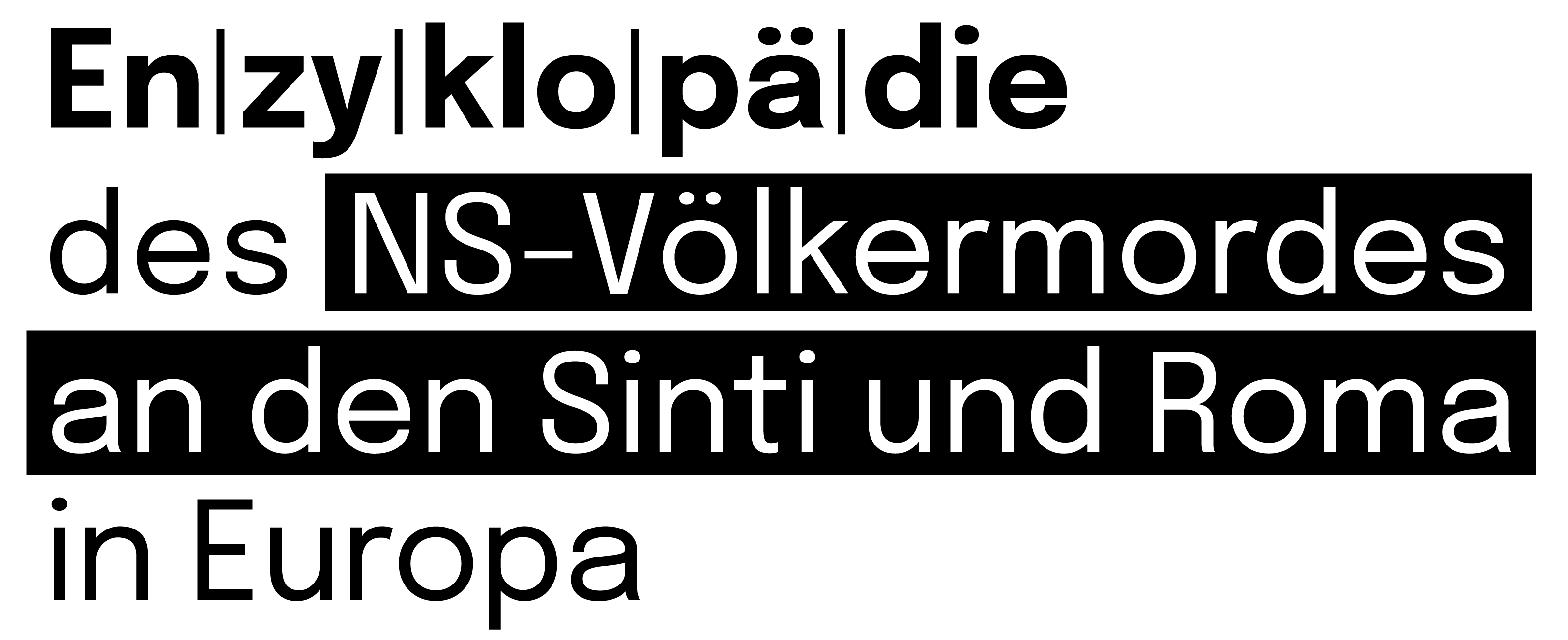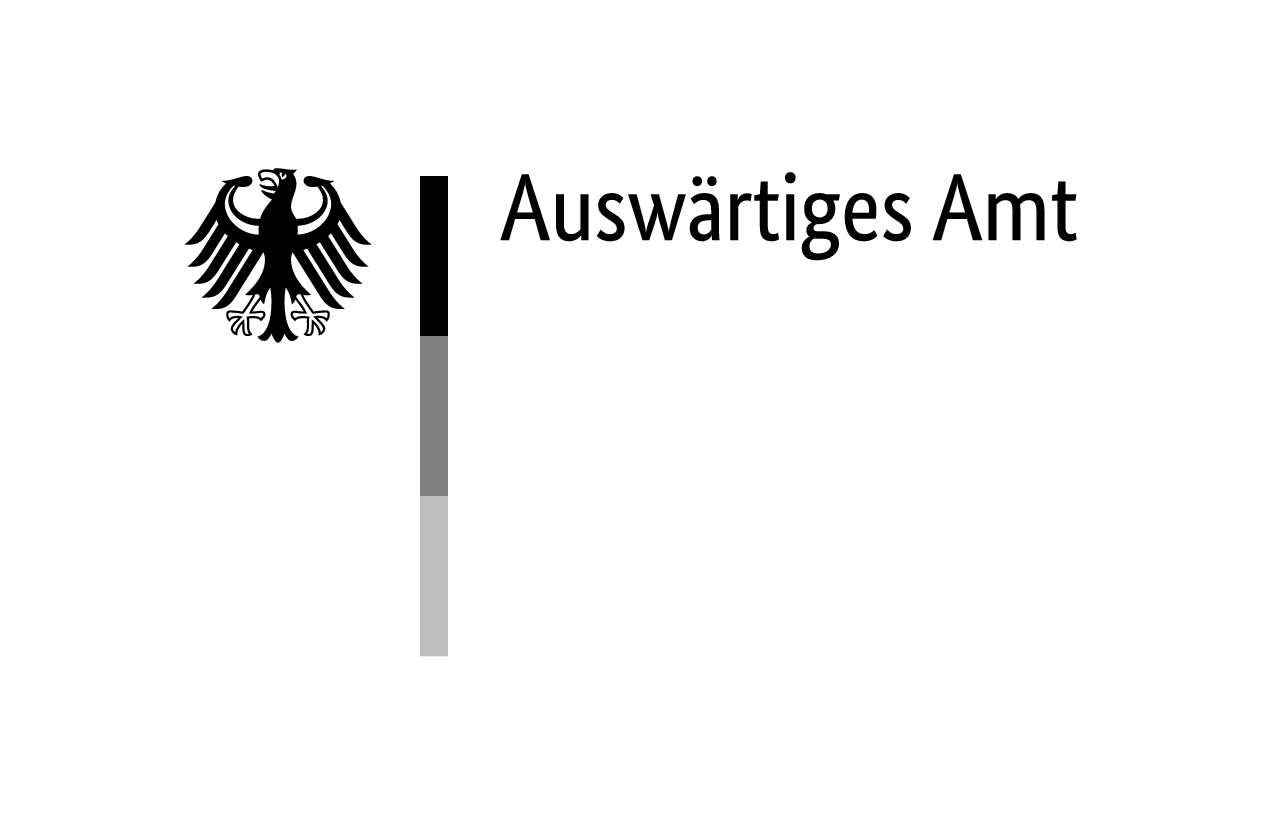László Endre, born on 1 January 1895 in Abony, Hungary, was a civil servant, administrative expert, and extreme right-wing politician, who played a leading role in the state persecution of Jews and Roma from the early 1920s to the end of World War II.
Career
Following his graduation from the Budapest University [Budapesti Tudományegyetem] in 1918 and his volunteer service in World War I and in extreme nationalist paramilitary groups, he embarked on an administrative career. After short terms as sheriff [szolgabíró] in the Temesrékás (Recaş) and the Gödöllő administrative districts (1918–1923), he was appointed high sheriff [főszolgabíró] of the Gödöllő district (1923–1937).1The szolgabíró and főszolgabíró were representatives of the state administration with extensive administrative and police powers, which also included labour, population and health policy powers.
Endre also filled leading positions in several Hungarian race protectionist and national socialist organisations and by the 1930s he became one of the most popular right-wing public figures in the country. In January 1938, he was elected subprefect [alispán] of Pest-Pilis-Solt-Kiskun county, one of the key administrative positions in Hungary, a post he held until March 1944.
Antisemitic and Antigypsy Practices
In the late 1920s and the early 1930s, Endre established one of the first regional public health projects in the country [‘egészségügyi mintajárás’, literally ‘health policy model district’] in the Gödöllő district. This was achieved with support from the Rockefeller Foundation, well-known for financing eugenic public health projects across Eastern Europe.
In line with Hungary’s ‘Productive Social Policy,’ which aimed at the uplift of the rural poor and the establishment of a modern general health care system, the district’s public health programme promoted racial hygiene and pronatalism through selective support which excluded people of Jewish and Romani origin. Endre’s administration deliberately discriminated against Jews and Roma by applying laws and regulations more strictly to them than to other citizens.2For example, decree no. 33.755/1941 of the Subprefect of Pest-Pilis-Solt-Kiskun County on 3 June 1941 banned ‘vagrant Gypsies’ from keeping horses and horse trading and called on local authorities to seize horses owned by ‘Gypsies’ and auction them off. Pest-Pilis-Solt-Kiskun Vármegye Hivatalos Lapja, vol. 23, 5 June 1941.
Endre also used his position in public administration to actively promote antisemitic and antigypsy practices, going even beyond the existing laws and decrees. In the preparatory phase of the highly restrictive Interior Ministry decree of 1928 on the ‘regulation of nomadic Gypsies’ he recommended the introduction of forced labour (which, he argued, would also promote the emigration of Roma), extensive public health and regulatory measures and the registration of all ‘Gypsies,’ including so-called ‘settled’ households.3MNL PVML, IV. 485/b. 3405/1928. Report of High Sheriff László Endre to the Subprefect of Pest County, 28 February 1928.
In 1934 he went even further and urged a ‘radical and final solution’ to the ‘nomadic-Gypsy question’ on the basis of racial hygiene, using radically violent language to propagate sterilisation measures as well as the setting up of concentration camps for the so-called ‘nomadic’ Roma across the country and the removal of Romani children into state care.4László Endre, ‘A kóborcigány-kérdés rendezése,’ [The Settlement of the Nomadic-Gypsy Question], Magyar Közigazgatás 16 (1934): 5. Endre’s proposals were turned down by his superiors, but his ideas gradually infiltrated the higher echelons of public administration.
Following Endre’s election as subprefect [alispán] and thus head of the administration of Pest-Pilis-Solt-Kiskun County, he repeatedly urged the Ministry of the Interior to implement the ‘solution to the Gypsy question’ at national level, while putting into practice at the local and regional level several of his earlier policy recommendations on the persecution of those labelled as ‘Jew’ or ‘Gypsy.’ On the proposal of the chief public health officer [tisztifőorvos] of Pest-Pilis-Solt-Kiskun County, the County Municipal Committee appealed to the Minister of the Interior and proposed that Roma should be concentrated in a single camp in one part of the country and be employed there under strict control.5Report of Subprefect László Endre on the situation of Pest County. Függetlenség, 14 May 1942.
In November 1938, Endre ordered twice-yearly round-ups to track down and expel Jews of non-Hungarian nationality from the county, and on 24 April 1939 he issued the same order for ‘nomadic Gypsies’.6Purcsi Barna, A cigánykérdés “gyökeres és végleges megoldása”, 58. While the Minister of the Interior reprimanded Endre and pressed him to revoke some of his antisemitic measures in the fall of 1941, Endre was able to implement the antigypsyist order throughout the years 1939 to 1944.
The spring 1939 instructions defined ‘nomadic Gypsies’ as those without a place of residence in the county. They were to be registered at the police (number of persons, gender, age, number of wagons and horses) and to be expelled from Pest-Pilis-Solt-Kiskun county to the county of their residence. It also ordered the registration of ‘musician Gypsies’ who lived in Romani settlements and were not able to earn their living from playing music.
However, according to reports about the round-ups carried out between 1939 and March 1944, they brought meagre results in terms of the number of persons caught and expelled. In his instructions of 31 March 1943, Endre extended the round-ups with checking and annihilating the horse-keeping permissions of those rounded up.7Ibid.
Deportation of Hungarian Jews
Following the German occupation of Hungary, Endre was appointed administrative state secretary at the Ministry of the Interior (March to August 1944). In close cooperation with Adolf Eichmann (1906–1962), Endre orchestrated the ghettoisation and mass deportation of Hungarian Jews, primarily to Auschwitz-Birkenau concentration and extermination camp. Following a turnaround in Hungarian government policy, which resulted in the temporary suspension of the deportations, oversight of Jewish affairs was taken away from him on 20 July.
He returned to public administration in the Arrow Cross era as the government commissioner of civilian public administration in military operational zones (29 October 1944 to April 1945), without significant executive power. In the spring of 1945, Endre followed the Arrow Cross government and fled to Austria.
Arrest and Punishment
Following his arrest in July 1945 by the American Forces in the Austrian village of Altenmarkt, Endre was handed over to the Hungarian authorities in October 1945. He was tried by the Hungarian People’s Court and sentenced to death by hanging. He was executed on 29 March 1946 in Budapest.




